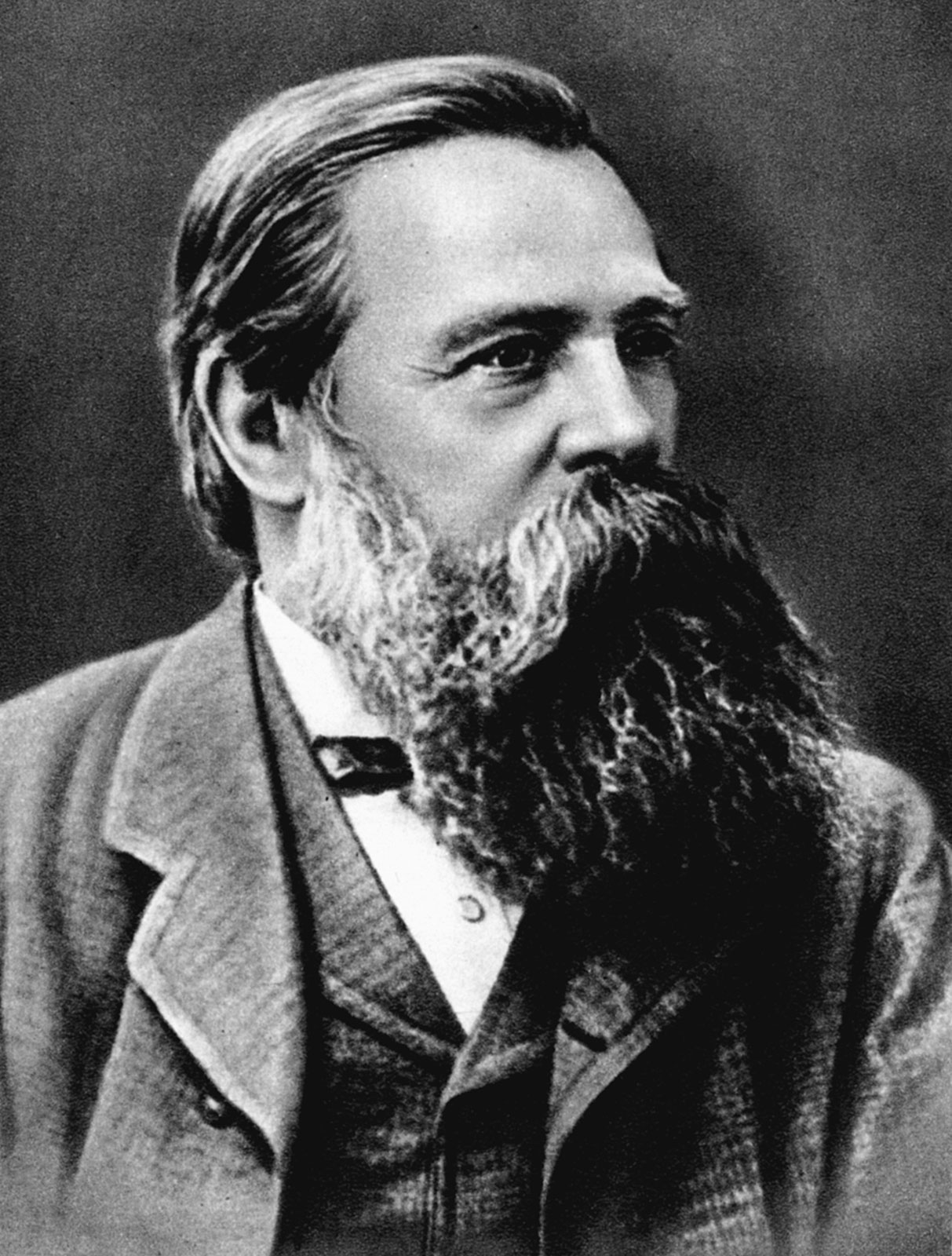More languages
More actions
Jucheguevara (talk | contribs) (adding library works) Tag: Visual edit: Switched |
m (Added a "hideroot" for category tree to avoid redundancy) |
||
| Line 28: | Line 28: | ||
== Library works == | == Library works == | ||
<categorytree mode="pages" depth="5">Library works by Friedrich Engels</categorytree> | <categorytree mode="pages" depth="5" hideroot="on">Library works by Friedrich Engels</categorytree> | ||
== References == | == References == | ||
<references /> | <references /> | ||
[[Category:Marxist theorists]] | [[Category:Marxist theorists]] | ||
Revision as of 13:12, 7 November 2021
Friedrich Engels | |
|---|---|
 Portrait of comrade Engels. | |
| Born | Karl Heinrich Marx 28 November 1820 Barmen, Kingdom of Prussia, German Confederation |
| Died | 5 August 1895 (aged 74) London, England |
| Nationality | German |
Friedrich Engels (28 November 1820 – 5 August 1895), was a German philosopher, historian, political scientist and revolutionary socialist. Together with his friend and long time collaborator Karl Marx, they developed the materialist scientific explanation of history and economics, what later became known as Marxism.
Karl Marx’s dearest friend and inseparable comrade in arms, co-developer of dialectical materialism and scientific socialism and co-author with Marx of the Communist Manifesto; one of the founders of the Communist League and the International Association of Workingmen or First International.
Life and work
Engels was born in the city of Barmen in Rhenish Prussia, which at the time was a rapidly industrializing city. He was the son of a rich and very conservative industrial capitalist, Friedrich Engels Sr.
At the age of 20, Engels had many talents and developed many abilities; he practiced sports, studied music and foreign languages, including English, Italian, Spanish and Portuguese.
